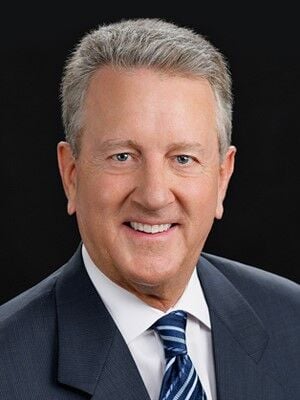The death of 72-year-old Buz Koelbel, a well-known real estate mogul, powerful philanthropist, and ardent advocate for conservative causes, this week has left the Denver community in shock. Buz Koelbel was a guy of principles, honesty, and compassion, much beyond his accomplishment as a businessman. With his passing, a noteworthy chapter in Colorado real estate history comes to an end, and his contributions to the community and business will go on for years to come.
After a valiant fight with blood cancer, which paralleled the strength and resilience he demonstrated throughout his life, Buz died away. His death has left a vacuum in the lives of many political and charitable causes he has supported over the years, in addition to his family and the corporation he helped bring to prominence. As the former CEO of Denver-based real estate development firm Koelbel & Co., Buz had a remarkable influence on the skyline of the city and beyond. However, his genuine legacy is found in his generosity, his steadfast commitment to conservatism, and his lifetime endeavors to give back to the community he held in such high regard.
A Heritage of Growth and Innovation in Real Estate
In 1952, Walter A. Koelbel, Sr. created Koelbel & Co., which Buz Koelbel inherited. Under Buz’s direction, Koelbel & Co., which was dedicated to progressive real estate development from the start, prospered and became one of Colorado’s most significant real estate firms. Although Buz entered the family firm with high expectations, he didn’t just carry on his father’s legacy; instead, he broadened the company’s scope and ambition, solidifying its standing as a trailblazer in the sector.
Buz’s love of real estate sprang from his conviction that development might be a potent force for good in the world. In addition to being a business leader, he considered himself to be a custodian of Denver’s future, influencing how people worked, lived, and interacted with their surroundings. Under his direction, Koelbel & Co. worked on a number of well-known projects in the Front Range, such as mixed-use developments, office parks, and residential communities.
